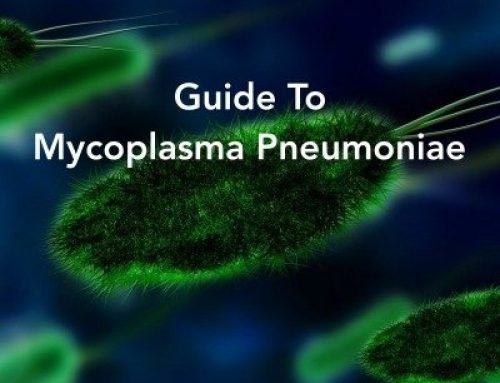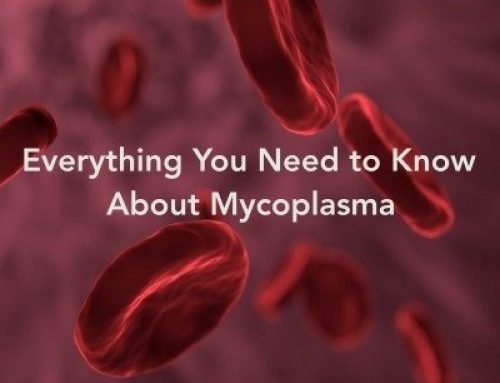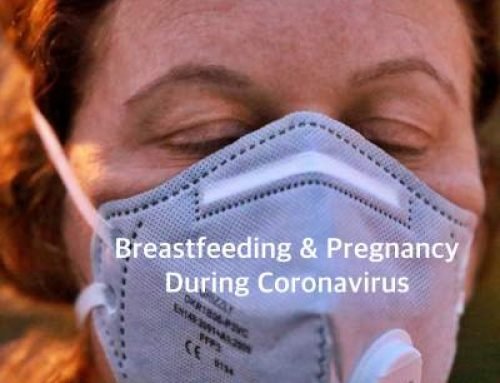Marijuana: Safer than Alcohol & Tobacco?
Although cannabis has been a rather popular and controversial topic in the last couple of years, it is not new to the world. According to City Sessions Denver, the oldest record of cannabis dates back to 2900 B.C. when it was a well-known medicine believed to possess both yin and yang. Moreover, cannabis was commonly prescribed for treatment of eye inflammation and uterus pain in Ancient Egypt and by 1 AD, it had become a widely used medication for treatment of malaria, rheumatism, gout, and absent-mindedness.
By 1850, cannabis was incorporated in the U.S. Pharmacopeia as a therapy for rabies, alcoholism, cholera, convulsions, opiate addiction, menstrual cramps, insanity, etc. Usually, it was taken orally through an alcohol-based tincture and people could purchase it in local drugstores.
However, with the rise of prohibition in America, in 1911, Massachusetts was the first state that banned cannabis and several other states did the same. During the period of the Great Depression in the 30s, research associated the usage of cannabis with socially-deviant behaviors, including crime and violence, and by 1931, marijuana was banned in 29 states.
After a long period of being classified as “with a high potential for abuse”, hope struck in 1991 when the medical cannabis initiative passed with 79 percent of the vote in San Francisco, California and in 1996, this was the first state which put forward laws for medical cannabis, with Alaska, Oregon, Washington, and Colorado passing similar laws.
Currently, there are medical cannabis laws in 29 states and recreational usage is allowed in 8 states. Nowadays, cannabis is considered by many to be a powerful healing plant which may better the quality of life and help with a long list of health problems and available findings indicate that it is safer than tobacco and alcohol.
Cannabis vs. Alcohol & Tobacco
As seen on Business Insider, in 2014, the number of people who have died due to alcohol-induced reasons in the U.S. was 30,722, but without homicides or drinking-related accidents. With these cases, the number would probably mount up to 90,000. On the other hand, the DEA has not reported any death cases from cannabis and what’s more, according to a 16-year long study done with more than 65,000 Americans, healthy users of cannabis do not have a higher risk of premature death than healthy individuals who are not users of cannabis.
Cannabis, less Addictive than Alcohol
Even though cannabis is one of the most frequently used illegal drugs, research suggests, as seen on Business Insider, that only a small percentage of people becomes addicted to it. According to a survey from 1994, among a number of 8000 people between the ages of 15 to 64, only 9 percent were addicted to it whereas for alcohol, the rate was 15 percent and for nicotine, 32 percent.
What’s more, alcohol is listed as a known human carcinogen, according to the US Department of Health and research indicates that the more you drink or the more regularly you drink, the greater your likelihood of getting cancer is.
There is also some research that suggests a connection between violent behavior and alcohol consumption. During the study, the consumption of alcohol in healthy adult males lowered the functioning of the prefrontal cortex and led to aggressive behavior. The prefrontal cortex is an area of the brain associated with controlling social behavior. But, there is no such thing with cannabis and in fact, a recent study points out that marijuana users have a much lower chance of being violent towards their partners than those who do not use it.
Further on, as explained on Business Insider, cannabis does make you hungrier, makes food taste better, and lowers the feeling of satiety, but, cannabis users do not have higher BMIs, generally speaking, and some studies point out that regular consumers of cannabis actually have a lower chance of obesity. Nevertheless, this is not the case with alcohol users and those who drink in large amounts are at a greater likelihood of becoming overweight or obese.
Be that as it may, as emphasized on Business Insider, daily cannabis use may be associated with reduction in verbal memory in adults even weeks after ceasing cannabis (in those who have started using it at a young age) and chronic alcohol consumption may lead to decrease in attention, memory, and planning, which may go on even years of not drinking.
Also, both cannabis and alcohol have been connected to a higher chance of psychiatric disease. Namely, psychosis and schizophrenia are the major concerns among cannabis users while depression, anxiety, and even suicide are more commonly seen among people who drink often. Whether the alcohol causes the anxiety and depression or whether people who are already anxious and depressed start drinking with the hope to relieve their condition, remains a puzzle.
Cannabis vs. Tobacco
As explained on Inhale MD, tobacco contains nicotine, a known stimulant that elevates the physiological functions, i.e. it can fasten the metabolic rate, the heart rate, and blood pressure too. But, the dangerous part about this substance is not this, but the fact that it is highly addictive, like heroin or cocaine, and its negative impact on the cardiovascular, excretory, and respiratory system. Tobacco has other harmful substances besides nicotine, i.e. arsenic, lead, and formaldehyde, as well as TSNAs that may elevate the risk of cancer. And, lighting up tobacco produces a harmful by-product, that is, black tar which has been linked to lung cancer, emphysema, and heart illness, as seen on Live Strong.
Even though cannabis does not contain any of the above-mentioned harmful substances, smoking it also causes the release tar and this is why often people who use cannabis, especially those who use it for medicinal purposes, are advised to vaporize it or take it in oil form. Vaporization is considered to be the safest method for administering medical cannabis (it does provide important cannabinoids like THC, but it does not result in a tar-creating combustion), according to Inhale MD.
Moreover, the THC from cannabis is known to be a bronchial dilator which will open up the lungs and speed up the removal of smoke and dirt while nicotine does the opposite and makes the coughing up of these substances much more difficult, according to Patients 4 Medical Marijuana. Also, THC was found to be capable of decreasing tumor growth in lung cancer by staggering 50 percent and prevent the cancer from spreading through the body. And, smoking marijuana (even in higher amounts) does not put one at a higher risk of lung, head, or neck tumors as it is the case with tobacco smoking.
Insurance
Embry Women’s Health is committed to providing quality, affordable health care. We’re in-network with all major insurance plans, including Aetna, Blue Cross Blue Shield, Cigna and UnitedHealthcare. No insurance? No problem. We offer a simple fee schedule for those who wish to pay out-of-pocket. Click the button below for our complete list and more information:














Leave A Comment